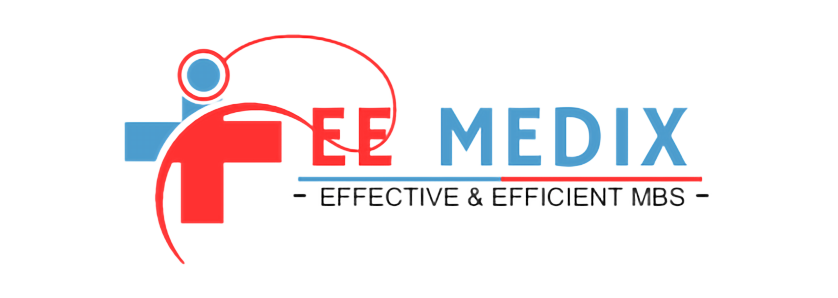In the ever-evolving landscape of healthcare, proper medical credentialing stands as a pillar of utmost importance. Beyond being a regulatory requirement, it is a process that holds profound benefits for healthcare institutions and professionals alike. In this comprehensive guide, we will delve into the hidden benefits of proper medical credentialing, shedding light on how it contributes to the overall success and reputation of healthcare entities.
Ensuring Patient Safety
Patient safety is paramount in the realm of healthcare. Proper medical credentialing plays a pivotal role in ensuring that patients receive care from qualified and competent healthcare providers. Through a rigorous screening process, healthcare organizations can identify potential risks and deficiencies in a practitioner’s background, thereby minimizing the chances of medical errors and malpractice.
Credential Verification
Medical credentialing involves a meticulous review of a practitioner’s qualifications, including education, training, licenses, certifications, and any past disciplinary actions. This verification process guarantees that healthcare professionals meet the highest standards of competence and ethics.
Continual Monitoring
Credentialing doesn’t end with initial verification; it’s an ongoing process. Healthcare organizations continually monitor the performance of their practitioners, ensuring they remain up-to-date with industry standards and guidelines. This continual monitoring helps maintain a high level of patient safety.
Enhancing Reputation
A strong reputation is invaluable in the healthcare industry. Proper medical credentialing bolsters the reputation of healthcare organizations in multiple ways:
Trust and Credibility
When patients know that a healthcare facility employs credentialed professionals, they are more likely to trust the institution. Credibility is built on a foundation of transparency and accountability, attributes that are inherent in the credentialing process.
Quality of Care
Credentialing fosters a culture of excellence. Healthcare providers who undergo this rigorous process are more likely to deliver high-quality care, as they are held to stringent standards. This commitment to quality reflects positively on the reputation of the organization.
Regulatory Compliance
Healthcare is a highly regulated industry, and non-compliance can lead to severe consequences. Proper medical credentialing is not just a choice; it’s a regulatory requirement that ensures healthcare institutions adhere to laws and standards.
Avoiding Legal Issues
Failure to comply with credentialing requirements can result in legal repercussions. Lawsuits, fines, and damage to reputation are potential consequences. Credentialing acts as a safeguard against such issues.
Reimbursement Eligibility
Many insurance companies and government programs require healthcare providers to be credentialed. Non-credentialed providers may find themselves ineligible for reimbursements, which can have significant financial implications.
Streamlining Administrative Processes
Efficiency is a buzzword in healthcare administration, and proper medical credentialing contributes significantly to streamlining administrative processes:
Insurance Credentialing
Healthcare facilities that are credentialed can easily enrol in insurance networks. This simplifies billing processes and ensures that patients have access to a broader range of insurance options.
Reducing Redundancy
Through credentialing, healthcare organizations can centralize the verification of practitioner credentials. This reduces redundancy in administrative tasks and minimizes errors in data entry.
Attracting Top Talent
Healthcare institutions that prioritize proper medical credentialing become magnets for top-tier healthcare professionals:
Professional Satisfaction
Credentialed healthcare professionals often report higher job satisfaction. They appreciate working in an environment that values their qualifications and commitment to excellence.
Competitive Edge
In a competitive job market, healthcare organizations with a reputation for stringent credentialing standards have an edge in attracting the best talent. Top-tier professionals are more likely to gravitate toward institutions that prioritize quality.
Conclusion
In conclusion, the hidden benefits of proper medical credentialing extend far beyond mere compliance. It is a process that safeguards patient safety, enhances reputation, ensures regulatory compliance, streamlines administrative tasks, and attracts top-tier talent. Healthcare institutions that prioritize credentialing not only meet regulatory requirements but also position themselves as leaders in quality care delivery.
To stay ahead in the healthcare industry, embracing proper medical credentialing is not just a choice—it’s a strategic imperative.

